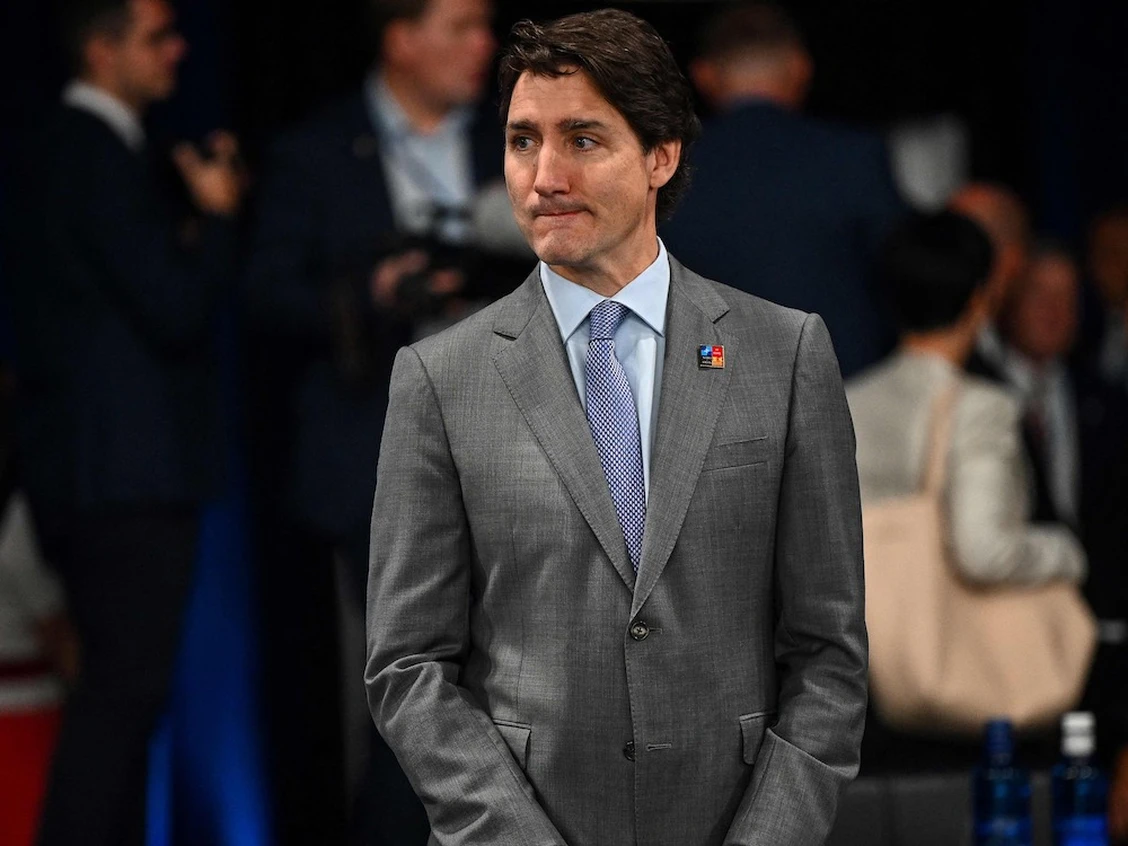New survey data from the University of Saskatchewan’s Canadian Hub for Applied and Social Research shows that Canadians on the left of the political spectrum do not see free speech as a top priority in our country.
According to the data: only three per cent of left-leaning respondents feel they have very little or no freedom of speech; a meagre 2.5 per cent of left-leaning respondents want no limits on speech; and left-leaning respondents were more likely than right-leaning respondents to say that governments and corporations should have the power to curtail misinformation and hate speech.
It’s hard to believe that so many left-leaning Canadians would be comfortable with the direction of free speech in this country. Even Canada’s Liberal government is struggling with the concept right now. Heritage Minister Pablo Rodriguez is restarting consultations over the government’s controversial “online harms” bill, after government-appointed experts couldn’t agree on a definition of “harm.”
Trudeau has spent the last few years cultivating support from a subset of Canadians who are increasingly comfortable with expanding executive power, and do not place as much value in free expression as liberals have in the past.
Trudeau has also shown his own contempt for free speech. As his popularity has waned, he has treated people who disagree with him as threats to democracy (going so far as to invoke the Emergencies Act), imported American culture wars (such as exploiting American mass shootings to pursue his own gun control policies) and pushed an internet censorship agenda masquerading as “digital safety” (he even wants to create a digital safety commissioner to oversee what we say online).
Historically, this is not the norm for Canadian Liberals, who used to seek the support of voters at the centre. The Liberal party itself has changed dramatically over the past 20 years. Back in 2003, Liberal Prime Minister Jean Chrétien used words like “freedom” very similarly to how Canadian Conservatives use that language today. Speaking in the House of Commons in support of a bill affirming Canada’s decision to not participate in America’s war in Iraq, Chrétien argued in favour of free speech for members of Parliament.
“Nothing is more fundamental in our democracy than the rights and privileges of members of Parliament to speak their minds with complete freedom,” he said. “These rights and privileges have evolved over centuries in the British parliamentary system. These rights and privileges are a precious asset in a democracy and are not to be tampered with ever.”
Chrétien went on to criticize what we might call cancel culture today: “We do not use our majority to introduce motions calling upon the House to express regret and apologies for what members opposite may say. We do not do so for a very simple reason. It is for the electorate and not for the House of Commons to pass such judgments.”
Chrétien’s successor, Prime Minister Paul Martin, also sounded very different than Trudeau. In 2004, he responded to Conservative MP Randy White’s proposed use of the notwithstanding clause by accusing Conservatives of wanting to take away charter rights from Canadians.
The University of Saskatchewan’s research affirms that it matters who we elect as leaders. It has been a long time since left-leaning Canadians have heard one of their own speak like Chrétien or Martin. Now it’s right-leaning and centrist Canadians on the front lines of the battle to protect free speech.

Jamil Jivani
Jamil Jivani is an award-winning lawyer and author, who serves as the Government of Ontario’s first-ever advocate for Community Opportunities. He also leads a youth-focused research nonprofit, Road Home Research & Analysis, which is supported by the Pinball Clemens Foundation, and hosts a weekly radio show, “Tonight with Jamil Jivani” on Newstalk 1010.

